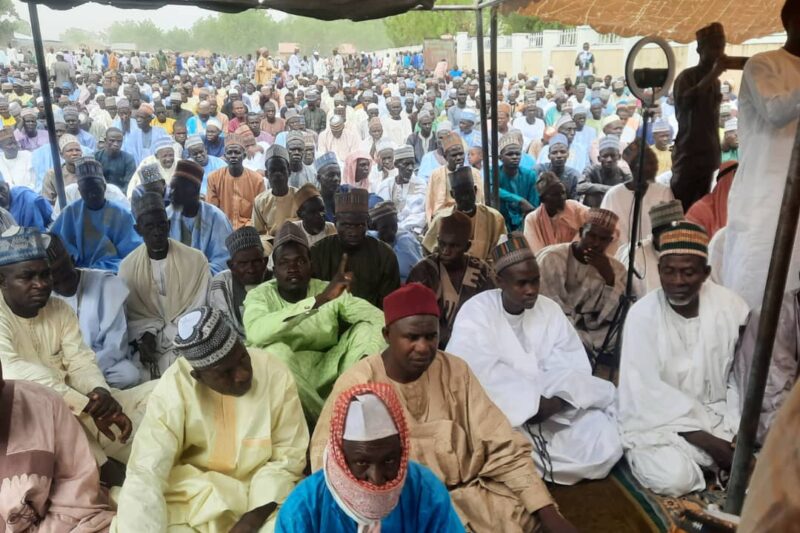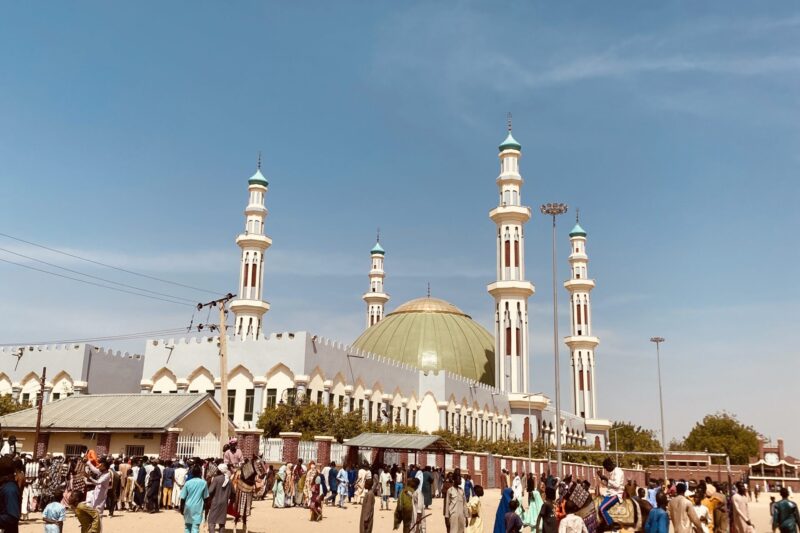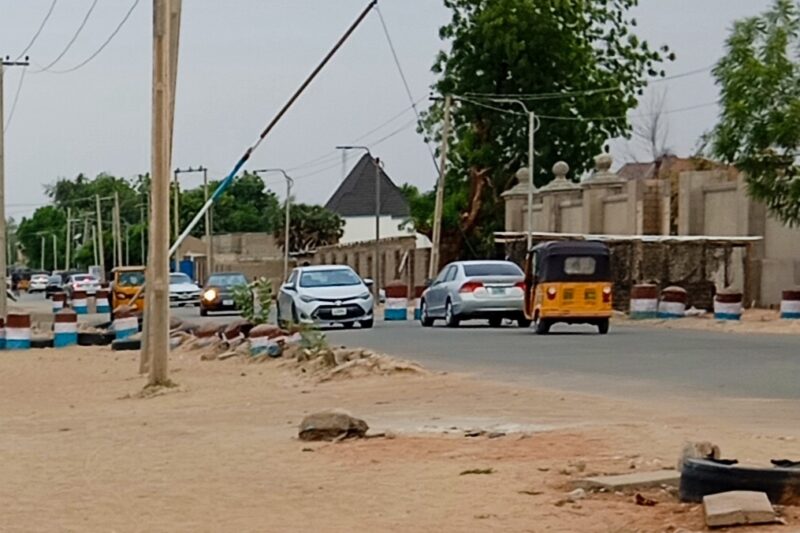Life for internally displaced persons in camps in Borno State is a constant struggle – but life for the disabled among them is worse, it’s hardly bearable.
They are attacked, beaten and starved, mostly because what little food they have is often stolen from them.
Friday, December 3, was the International Day of Persons with Disabilities 2021. On this day, the World Health Organisation (WHO) joins other partners around the globe to celebrate the day for all.
According to the WHO, more than 1 billion people experience disability and this figure is predicted to rise. Few countries have adequate mechanisms in place to respond fully to the health priorities and requirements of people with disabilities.
While disability correlates with disadvantage, not all people with disabilities are equally disadvantaged. Much depends on the context in which they live, and whether they have equal access to health, education and employment, among others.
The day is about creating awareness about people who live with disabilities in all aspects of life: political, social, economic and cultural.
COVID-19 has resulted in further disadvantages and increased vulnerability for many people with disabilities due to barriers in the health and social sectors, including discriminatory attitudes and inaccessible infrastructure.
RNI reporter Alkali Mustapha spoke to disabled IDPs living in a camp in Damboa in Borno State.
Fannah Modu, a blind IDP who has been living in Hausari Camp for nine years, since she escaped from her home in Kafa when the Jamā’at Ahl as-Sunnah lid-Da’way Wa’l-Jihād (JAS), more commonly referred to a Boko Haram, attacked the town.
“We were eating with my family one day when suddenly Boko Haram attacked Kafa. We jumped up from the table, leaving the food, and everybody started running to find safety. Some of the town’s people were injured, some even broke their legs in their desperation to get away from their attackers. But the Boko Haram still shot and killed many people.”
Modu said because she was blind it was much harder for her to escape like others in the town.
“It was my children who guided me. We spent six days hiding in the bush before we reached Damboa.”
She and her nine children had spent nine years in Hausari Camp.
But, she said, what was worse than her being blind was the agony she still felt missing her husband.
“I have not seen him since the attack. I don’t even know if he is alive or dead. But I will continue to wait for him until the day we will meet again. If he is dead, I will remain missing him.”
Modu said that, as a blind person, she had no means of buying food.
“Many times we have barely eaten. My children beg so that we can eat. Some nights we all go to bed hungry. Other days my children get money and we can eat again. If we do not beg, we do not eat.”
Maida Isa, another blind IDP in Damboa, said food was his concern. It was hard for both the disabled and healthy IDPs. He said many people in the camp were hungry. There was just not enough food to eat.
“The camp is very congested and there is little space. Many of us can’t get food because we cannot go to our lands to plant seeds. Many of us have to beg at times. But sometimes business owners do help us by giving us food.”
Isa said he pitied the weaker camp residents who were old and sick.
“I am grateful to God. I am disabled but I am heathy. I am able to beg if someone takes me to a street corner and helps me get back here. No one wants to beg but sometimes that’s the only way to get food in out bellies.”
He said one of the main challenges healthy and disabled IDPs faced was the lack of assistance from the government and non-governmental organisations (NGOs). Only once in a while one of them might bring food and other essential items.
“This lack of assistance has forced us to beg. If I could, I would never beg again. It makes me feel ashamed. But most of us have resorted to begging because it is the only way we will survive.”
Isa said the authorities never listened to the plight of the IDPs.
“I personally forwarded a complaint to the local government chairman about the conditions in which we live. I asked for a workshop for those of us with disabilities. But nothing has come of it. No one responded to my complaint. My only hope is that one day God will provide somebody who will rescue us from this situation.”








